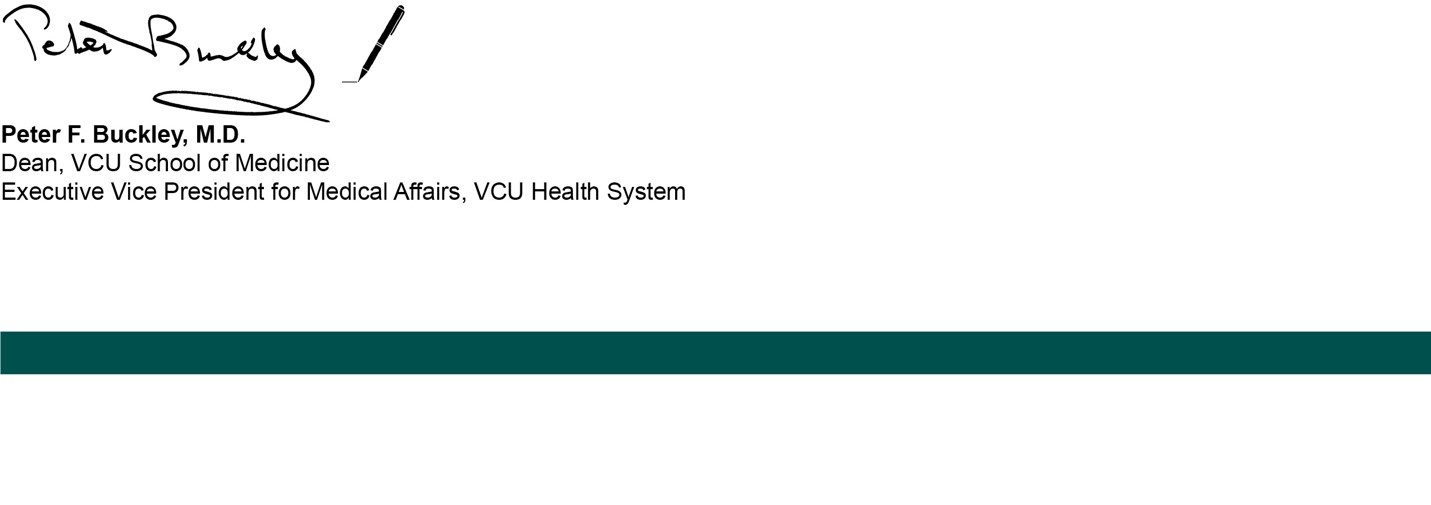Dear Colleagues-Friends,
This weekend, we celebrate Juneteenth (also known as Freedom Day or Emancipation Day), which commemorates the declaration of freedom for enslaved African Americans in the United States. Last year was our first opportunity to celebrate Juneteenth as a university and health system community. We honored the past as leaders from the Elegba Folklore Society performed sacred rituals from African and African-American culture, such as the Libation Ceremony for the Ancestors. We were then treated to “A Musical Journey through African-American History” by Mr. James “Plunky” Branch and his contemporary jazz band.
Again this year, we continue to create new traditions together, including:
- Enjoying music, interpretative performances and educational talks during the health system’s second annual Juneteenth celebration, which will be held virtually tomorrow, June 18, from 7 to 8:30 a.m. (Click here to join the event live on Zoom.)
- Visiting the Virginia Museum of Fine Arts’ exhibition The Dirty South: Contemporary Art, Material Culture, and the Sonic Impulse. State employees and their immediate families can receive free admission by bringing their ID badge to the Visitor Services desk for walk-in tickets or reserving tickets in advance by calling 804-340-1405 and providing their state employee email.
Juneteenth serves as a time to reflect on the past, present and future, giving us the space to remember the terrible legacy of slavery in our country, acknowledge the advancements that have been made and commit to working toward a better, more equitable and just society.
Reflecting on the Past
My family and I had the opportunity for such reflection during a recent visit to the Rosa Parks Museum and the poignant and haunting National Memorial for Peace and Justice, both in Montgomery, AL. Montgomery is known for being at the forefront of the Civil Rights Movement, and the Rosa Parks Museum proudly tells this history. The newer National Memorial for Peace and Justice goes deeper – spotlighting parts of our country’s history that some would rather try to forget.
The memorial itself is solemn and dignified, perched high on a hill in a beautifully quiet place. As you gradually descend into the structure, hanging above you are columns of steel, each representing a county in the United States – many of which I knew from previously living in Georgia and South Carolina. Starkly etched on these are the names of Black people who were lynched and the dates of their murders. While the park was quiet and people visited in silence, the enormity of systematic racism and the callous disregard for human life screamed out.
It is through observances such as Juneteenth and memorials and museums that truthfully and accurately reflect our history that we can gain insight and perspective into what it means to be Black in the United States. Learning about each other’s lived experiences allows us to find ways to maximize our similarities, leverage our differences and create an environment where we all feel like we belong.
Looking to the Future
Last year’s inaugural celebration of Juneteenth occurred amidst pronounced social unrest, reflecting many incidents of social injustice that occurred particularly during 2020. A year later, we are still challenged by social injustice, systemic racism and pernicious health disparities. All that said, as a medical school and academic community, we have made progress over this past year. Much of our efforts have been foundational toward our future collective efforts. Much remains to be done together.
Now is an important time to reflect on our history and to recognize we can be and do better in our future. Thank you for your commitment, engagement, advice and support.
Respectfully,
